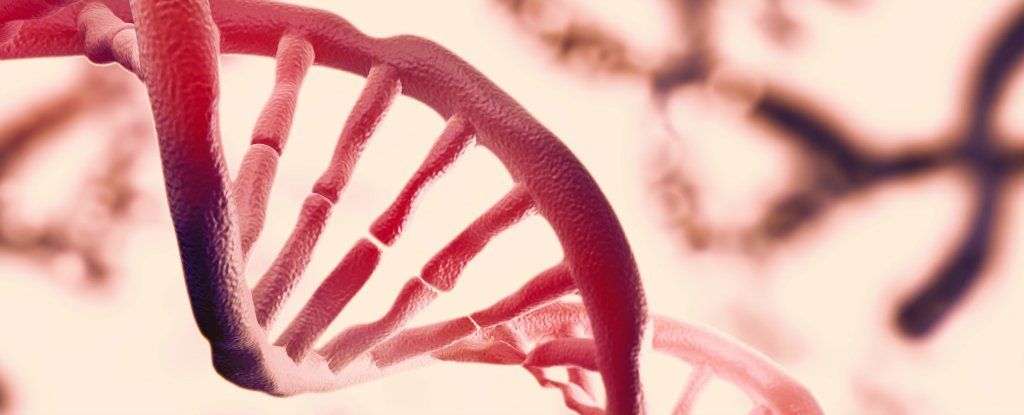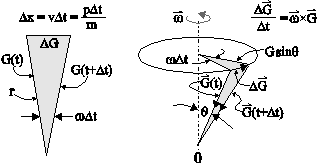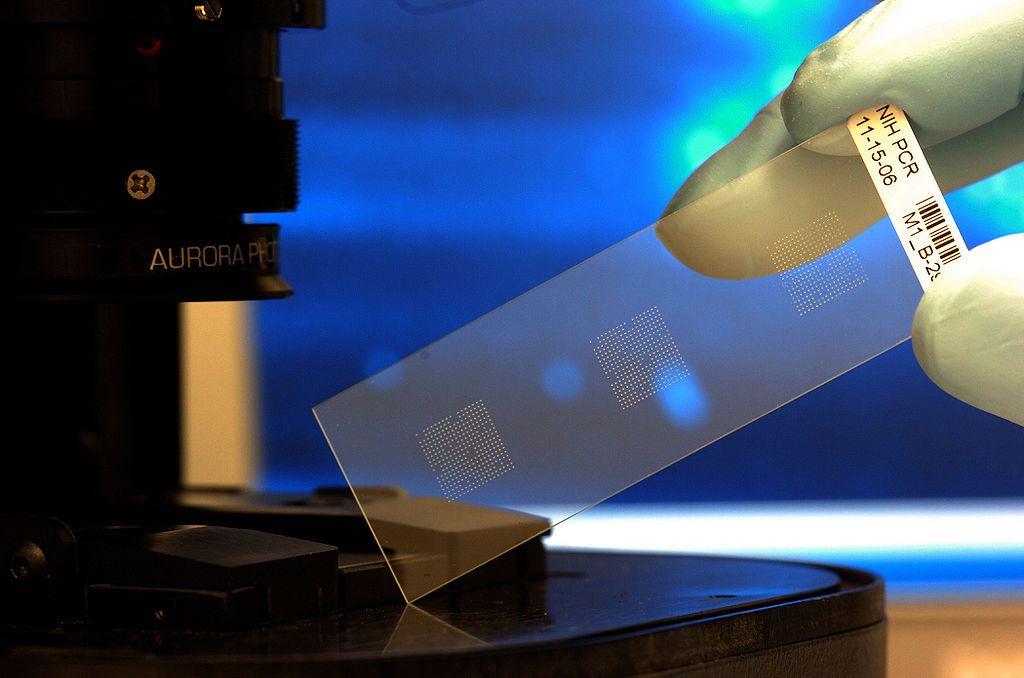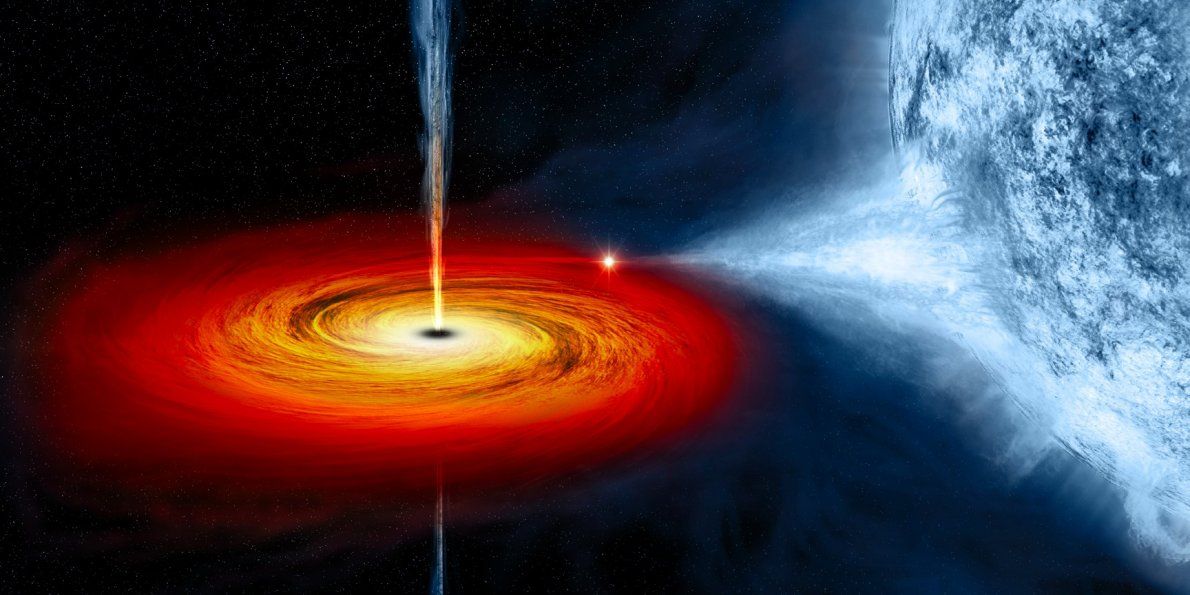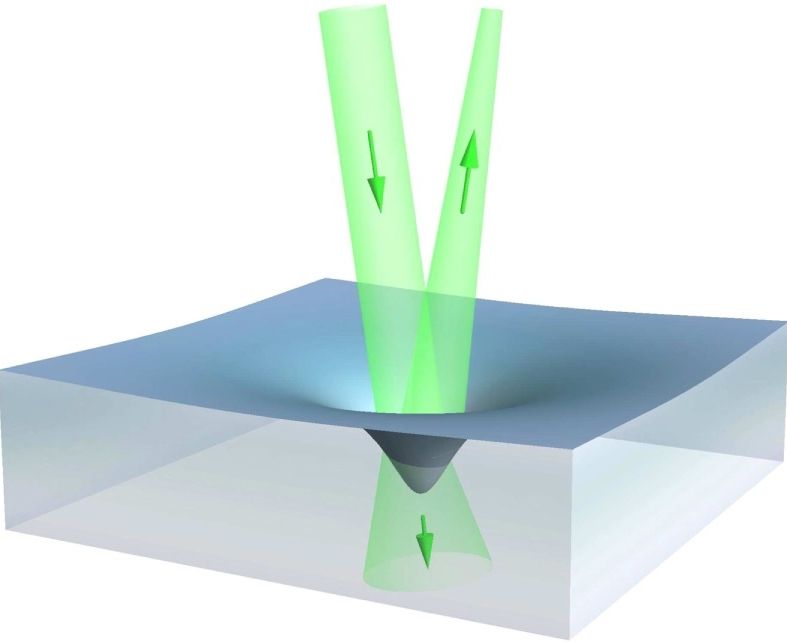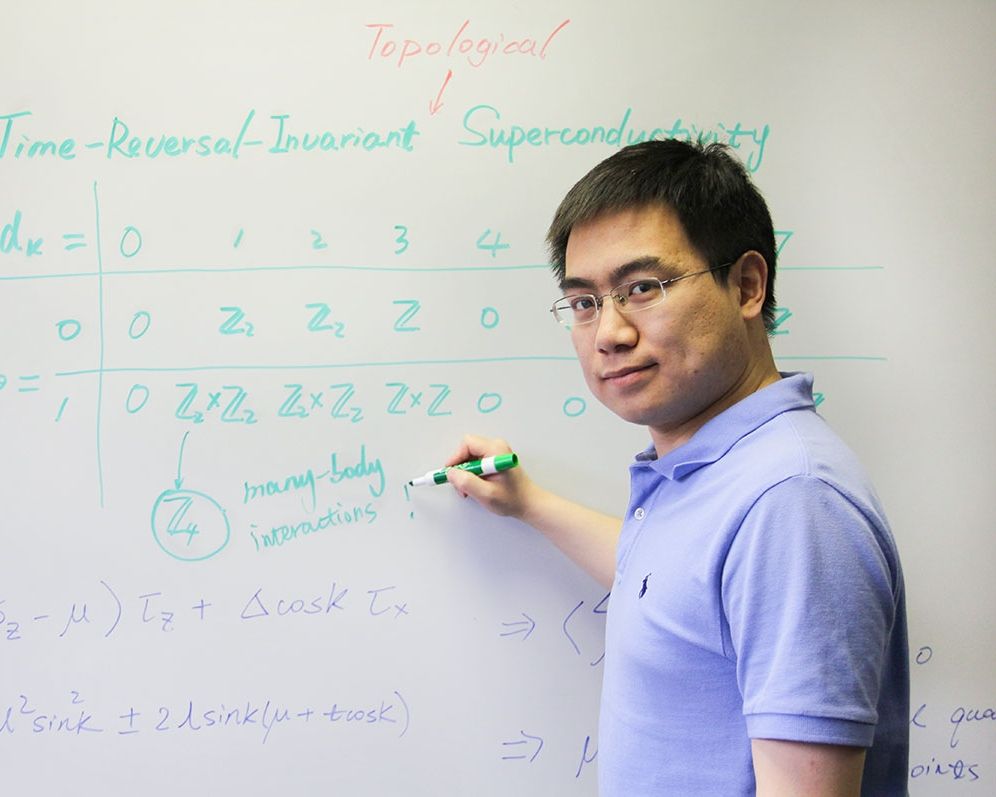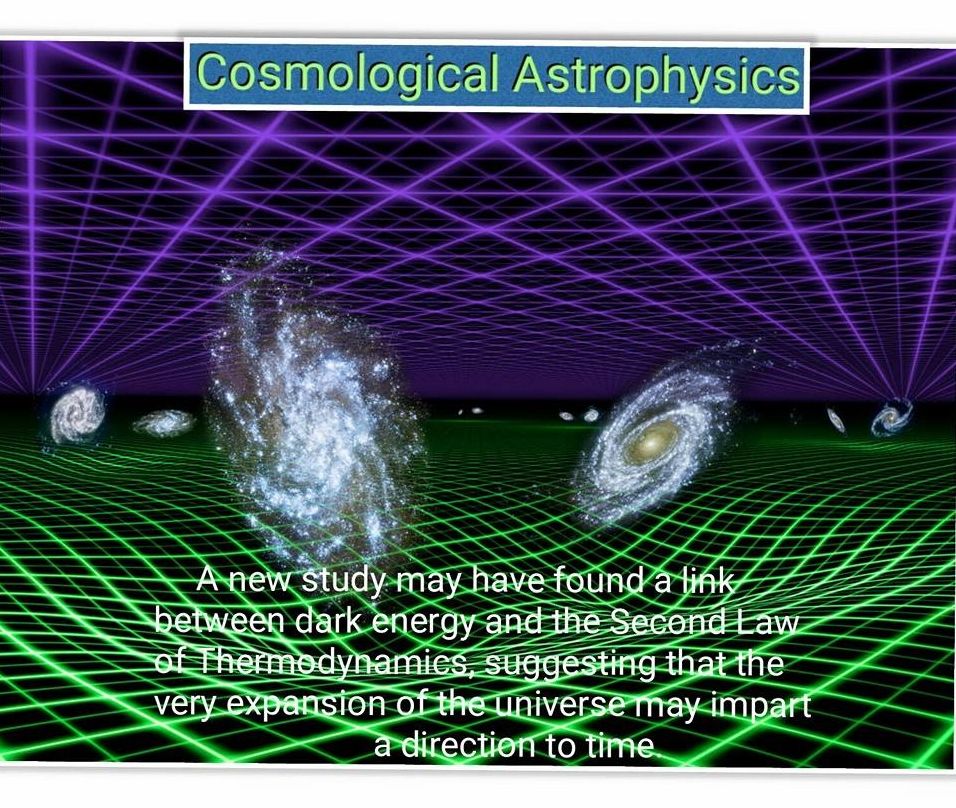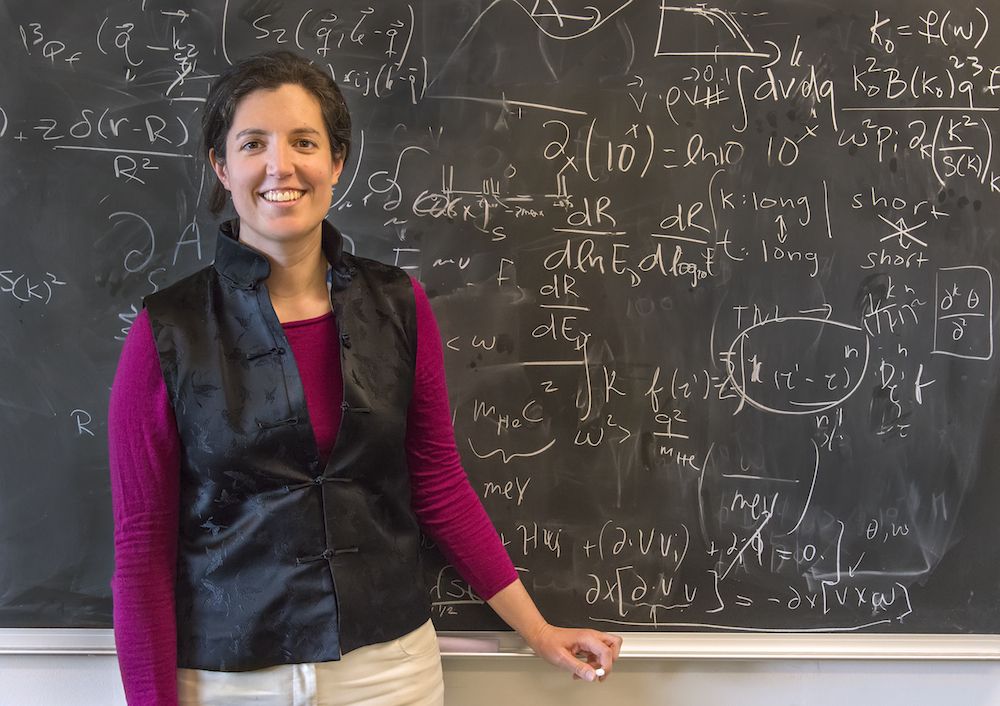Jun 9, 2016
Physicists confirm there’s a second layer of information hidden in our DNA
Posted by Shailesh Prasad in categories: biotech/medical, evolution, physics
Theoretical physicists have confirmed that it’s not just the information coded into our DNA that shapes who we are — it’s also the way DNA folds itself that controls which genes are expressed inside our bodies.
That’s something biologists have known for years, and they’ve even been able to figure out some of the proteins responsible for folding up DNA. But now a group of physicists have been able to demonstrate for the first time through simulations how this hidden information controls our evolution.
Let’s back up for a second here, because although it’s not necessarily news to many scientists, this second level of DNA information might not be something you’re familiar with.
Continue reading “Physicists confirm there’s a second layer of information hidden in our DNA” »
